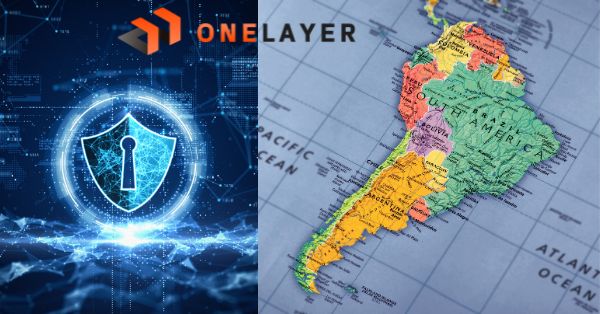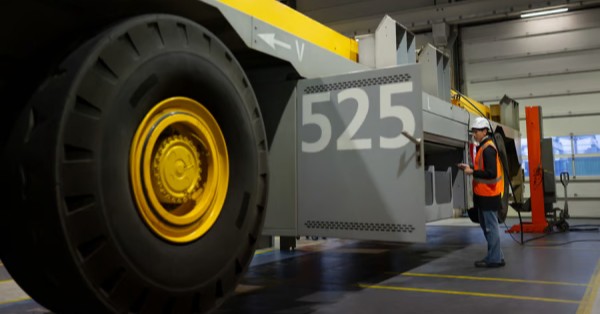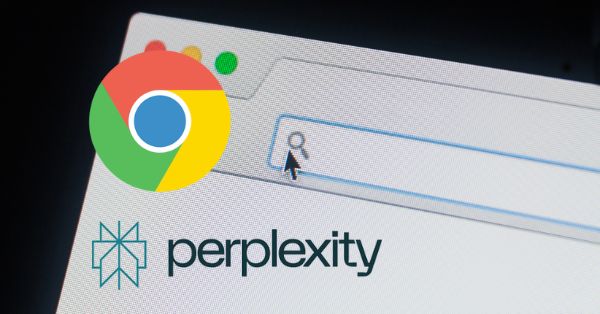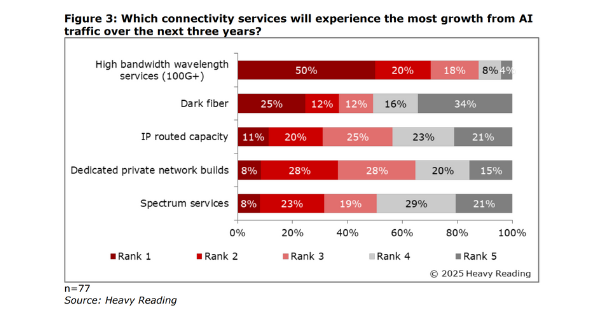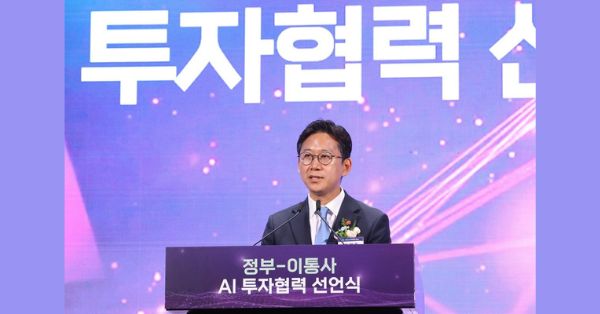Factory Automation Trial: Telit Cinterion, recognized worldwide for enabling the intelligent edge, has proudly revealed the successful conclusion of its recent proof-of-concept trial in private 5G aimed at industry 4.0 factory automation. This trial, carried out collaboratively with Nestlé Brazil, solidifies the role of 5G as the foundation technology in the transformation strategies associated with Industry 4.0.
Why Manufacturers Bank on 5G: There’s a growing global inclination towards 5G in the manufacturing domain, especially private 5G networks. The reasons are evident: the ability to accommodate rigorous, mission-critical operations like industrial robotics. By 2030, this trend is set to achieve a staggering market value of $109 billion. Nestlé Brazil’s recent trial stands as a testament to this shift, emphasizing how mission-critical applications can be supported by 5G.
The Setting and Focus of the Trial Nestlé’s ambitious trial was conducted at the renowned Parque Tecnologico São José dos Campos. This government-backed research park witnesses the coming together of innovative companies to delve into emerging technologies and business methodologies. Nestlé, as one of the incumbent companies, dedicated its trial to exploring the potential of 5G in optimizing connections between autonomous manufacturing robots and automated guided vehicles, especially at their advanced plant located in Caçapava, Brazil.
Telit Cinterion’s 5G Equipment at Play Powering this trial was Telit Cinterion’s 5G FT980-WW evaluation kit, incorporating the FN980 module. This module, compliant with the 3GPP Rel. 15 standard, ensures support across major 5G frequency bands, making way for optimal deployment flexibility in private networks. Interestingly, the focal point of Nestlé’s trial revolved around leveraging the sub-6 GHz spectrum.
Voices from the Ground
Gustavo Moura, steering the Digital Transformation Program for Operations at Nestlé Brazil, remarked, “Our collaboration with Telit Cinterion has been rewarding since our initial experiments with 5G technology at Nestlé’s Innovation and Technology Center.” Moura expressed immense satisfaction with the groundbreaking combined efforts that hold immense significance for the nation’s industry.
Echoing the sentiment, Neset Yalcinkaya, SVP Sales Americas at Telit Cinterion, emphasized the critical role of 5G in ensuring the triumph of the Industry 4.0 transition across Latin America.






